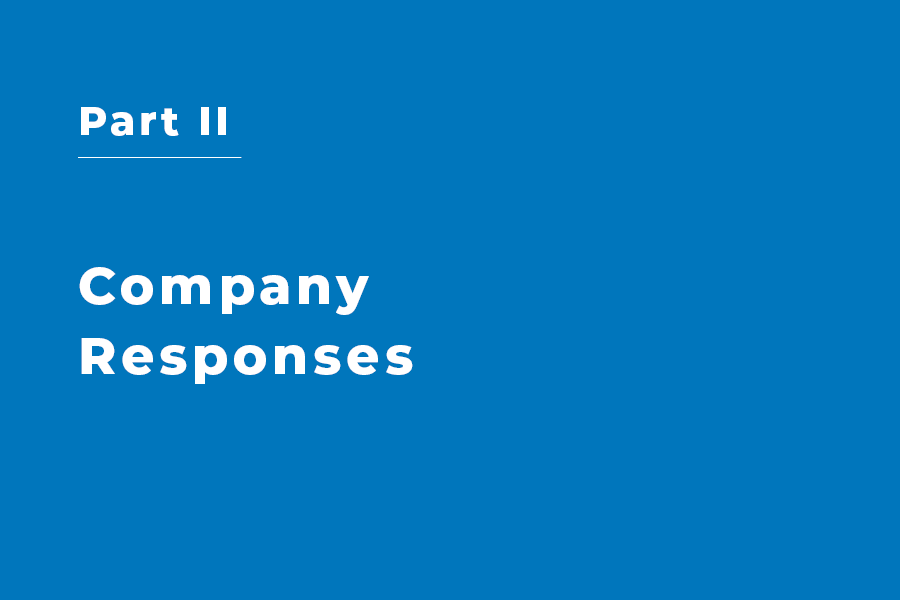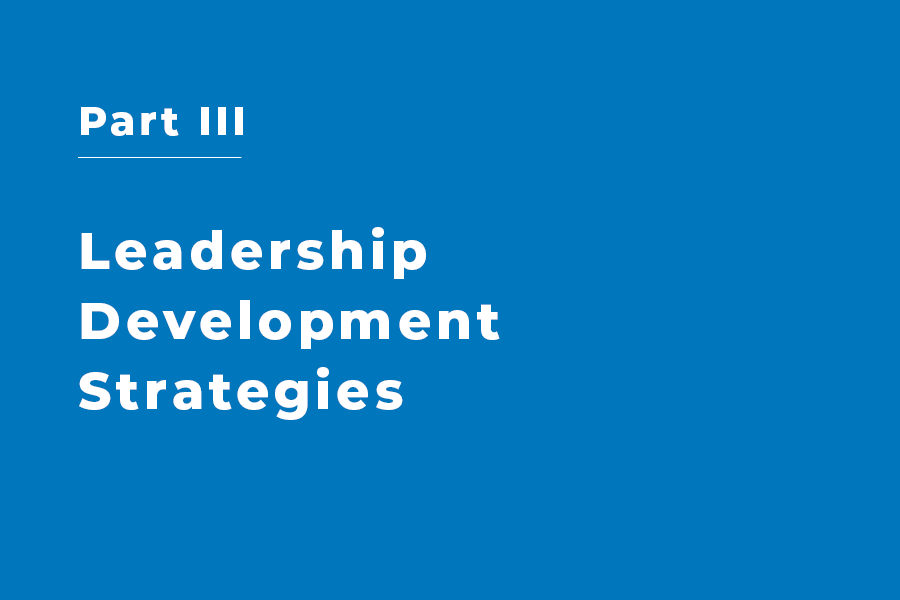Part I. Trends that signal increased need for expert sustainability strategists
Many existential threats to corporations today – and exciting opportunities for value creation – are rooted in social and environmental issues.
An increasing number of looming, material threats to companies emanate from the social and environmental issues that have always been at the heart of sustainability practice. They are even more visible in the midst of the COVID crisis. Climate change. Inequality. Inclusion. Data security. Workforce implications of digitization.
On the flip side, companies that are committed to finding opportunities within these challenges will uncover new pathways to profitable growth, industry leadership, and greater employee engagement. They will do so, for example, by creating products and services for underserved customers, adopting practices that enhance employee well-being and inclusivity in the workplace, and innovating to lower greenhouse gas emissions.
The issues that are central to these risks and opportunities are ones that sustainability strategists have been trained to watch for. Their job is to identify those risks, work with colleagues to mitigate them, and uncover the value creation potential embedded in the challenges.
“We serve as radar for the company – the eyes and ears. We hear weak signals, connect the dots and communicate internally. We bring what we hear into the
corporate conversation. If we are doing our job well, we create awareness of important issues.” Brenda Colatrella, Associate VP, Corporate Responsibility, Merck
Large institutional investors are looking for alpha in ESG.
Investors have finally begun to see what sustainability professionals have been saying for years. Environmental, social and governance (ESG) issues are far from “non-financial” concerns. They contain risks that can be costly for the business and opportunities that generate long-term value. Mainstream investors, as well as those who run impact funds, are reaching out to C Suite executives and board members and expecting them to be up to speed on complex questions about ESG risks and opportunities.
Sustainability strategists serve as critical resources and often present to board committees on these issues because they know how the company has managed these risks over time and taken advantage of opportunities. They also know where there are gaps in managing these issues. Many are also frequently asked to join their investor relations colleagues on calls with investors to field ESG related questions.
“In the future, companies will be differentiated by how effectively they integrate sustainability into their core business processes, especially innovation and finance.” Anna Palazij, Senior Director, Sustainability Reporting, PepsiCo
Public-Private partnerships will be needed to solve complex social problems.
There was a time when the public looked to national and state governments to take the lead in addressing our most complex social problems by establishing norms, setting regulations, funding programs that served those in need. Over the years, confidence in government’s ability to act has declined as the complexity of the social and environmental challenges we face has increased – and are now further exacerbated by the COVID crisis. Governments alone cannot address these challenges. So there is increased pressure on business to step up and take responsibility for being part of the solution. This trend is not a new one, but the urgency is growing and the need for establishing productive partnerships – with national, state and local governments, NGOs, other businesses – is increasing exponentially.
To ensure continued collaborative efforts we need “diplomats” who have proven expertise in cross-sectoral coalition building. Who are these corporate diplomats? They are the sustainability professionals who for years have sat on industry sustainability boards, worked across sectors in communities, negotiated with social activists. They are collaborators extraordinaire, and their experience in finding common ground in order to move forward is now especially valuable.
“Increasingly, we are going to have to work in pre-competitive space in order to help solve complex problems like lack of access to technology for underserved populations.” Andrea Wood, Head of Social Impact, Best Buy
Customers are applying pressure on companies to be more sustainable.
Whether it is the Millennial consumer or a B to B relationship, more and more customers are expecting that their purchases will meet certain sustainability standards. Their concerns are wide-ranging – from the environmental impacts of products to the diversity of the workforce to the level of transparency throughout the supply chain. And the threshold for acceptability is ever increasing. If companies can’t meet these rising expectations, customers will seek services or products from those companies that do meet a higher bar.
As a result, sustainability professionals are bringing their expertise to help colleagues respond to customer needs. They are being called in by the sales team to craft a solid narrative that communicates their sustainability story to the market. They are working with innovation and R&D teams to provide informed perspectives on the social and environmental impacts of products and services. They are helping business development teams respond to sustainability-related questions in requests for proposals.
Existing and prospective employees care deeply about their employers’ track records in sustainability.
Customers are not the only ones demanding accountability from companies. Existing and prospective employees expect to work for purpose-driven companies. Employees and applicants want to know what commitments an employer has made to achieving social and environmental impacts, and they expect honest assessments of progress. They will choose to work elsewhere if employers don’t measure up. There have even been very public instances of employees demanding action from their employers on social and environmental concerns when they decide companies have fallen short.
Talent acquisition and retention is now linked to the sustainability narratives in companies with multiple implications for sustainability professionals. For example,
on-campus corporate recruiters are contacting the sustainability experts in advance of their visits to ensure they have a strong sustainability story to share in order to attract top talent. When new hires arrive, sustainability teams are being invited to welcome them in onboarding sessions. For existing employees, sustainability targets are being built into performance reviews – and sustainability teams are keeping track of progress in ways that impact careers.
“Our opportunity now is to harness the incredible energy across the firm around social and environmental issues, to focus on a common goal and identify the building blocks toward achieving that goal.” Val Smith, Chief Sustainability Officer, Citi



